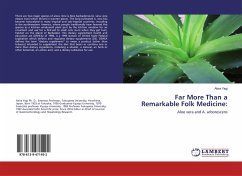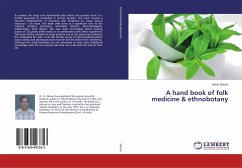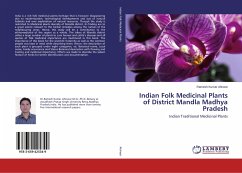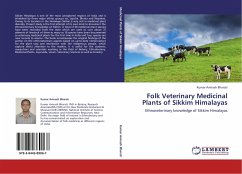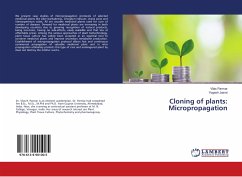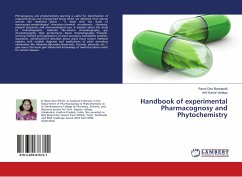There are two major species of aloes. One is Aloe barbadensis (A. vera; vera means true) which thrives in warmer places. The long-cultivated A. vera has become naturalized in many tropical and sub-tropical countries, including in the southwestern America, where people traditionally have favored this species as a kitchen windowsill plant (put by the kitchen window for an ornament and use for a first-aid to small cuts, burn when they get hurt, habitat on the island of Barbados). The dietary supplement health and education act (DSHEA) of 1994, is a 1994 statute of United State Federal Legislation which defines and regulates dietary supplements (DS). DSHEA defines the term "dietary supplement" to mean a product (other than tobacco) intended to supplement the diet that bears or contains one or more than dietary ingredients, including a vitamin, a mineral, an herb or other botanical, an amino acid, and a dietary substance for use.
Bitte wählen Sie Ihr Anliegen aus.
Rechnungen
Retourenschein anfordern
Bestellstatus
Storno

